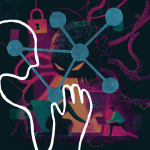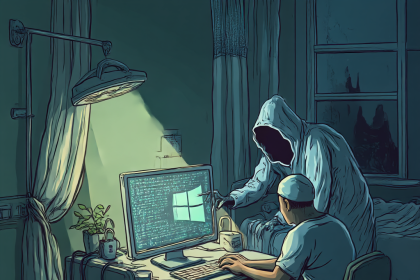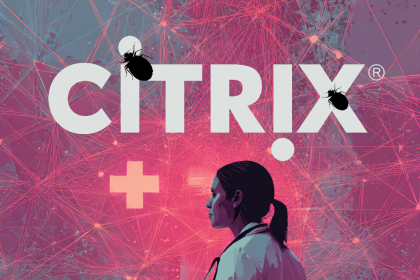Cybersecurity researchers have identified a malvertising campaign distributing a malicious application disguised as AppSuite PDF Editor. The software is being promoted through fraudulent websites and Google Ads, luring users—including those in healthcare settings where PDF documentation is common—into downloading a trojanized installer. Embedded within the installer is TamperedChef, a newly discovered information stealer that can harvest sensitive data such as credentials, browser cookies, and stored session details.
The campaign began in late June 2025, but TamperedChef’s malicious functions were not activated until August 21—nearly two months later—suggesting attackers sought to maximize installations before unleashing the malware’s full capabilities. Once active, the malware establishes persistence by altering Windows Registry keys and creating scheduled tasks. It can then communicate with a command-and-control server to exfiltrate browser data, download additional malware, and manipulate security settings. These capabilities extend to terminating browsers to access session data, a critical concern for healthcare systems reliant on secure patient portals and EMR access.
Further analysis by G DATA and Truesec revealed that TamperedChef acts as both a backdoor and an information stealer. Beyond credential theft, it can manipulate browser settings, inject malicious commands, and compromise installed applications. Expel’s findings confirm that other trojanized PDF editors are part of the same advertising campaign, with some converting infected machines into proxy nodes or serving as drop points for additional malware.
The healthcare sector is particularly vulnerable, as PDF-based workflows are essential for patient records, insurance documentation, and medical reporting. An infection in this environment could expose protected health information (PHI), disrupt compliance with HIPAA and other privacy regulations, and erode patient trust.
Healthcare organizations should treat TamperedChef as a wake-up call: common tools like PDF editors can become attack vectors through malvertising. IT and security leaders should enforce strict application whitelisting, educate staff to avoid downloading software from ads, and implement layered defenses including endpoint detection and response (EDR). Given the sector’s sensitivity to credential theft and data leakage, maintaining a zero-trust approach and auditing software procurement channels are vital steps in safeguarding patient data and medical operations.







